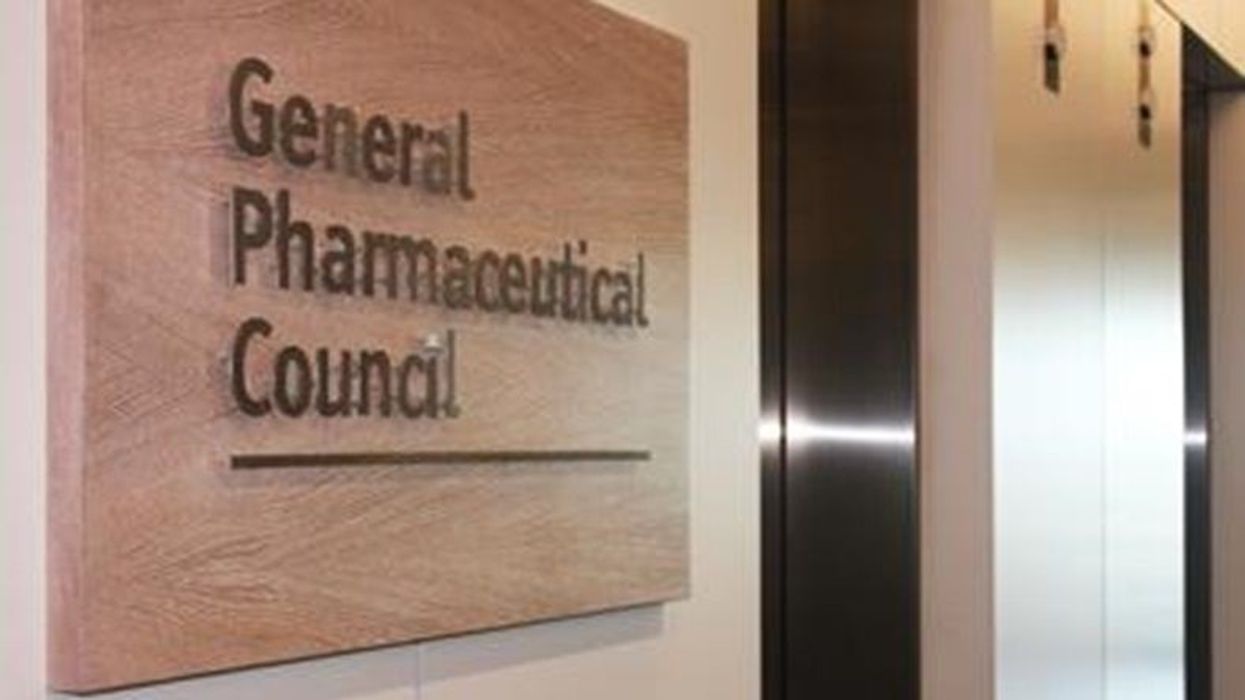Racism and language barriers are “not purely a pharmacy problem, nor a health problem”, but a “much broader” system problem, says GPhC chair, Gisela Abbam.
The General Pharmaceutical Council (GPhC) has published new reports on racism and other inequalities in pharmacy, following a series of virtual equality roundtables.
This council organised its second equality roundtable on 18 September 2023, focussing on the topic of ‘Language Barriers and Health Inequalities’, and a follow-up roundtable on 'Racism in Pharmacy: Accountability Counts' on 10 October 2023.
A wide range of pharmacy-related organisations, patient groups, equality groups, providers of translation services and software, individual pharmacists, pharmacy technicians and wider teams from different sectors and settings attended the events.
GPhC chair, Gisela Abbam thanked speakers and attendees for listening and contributing to the important discussions around racism and language barriers, which she said are “not purely a pharmacy problem, nor a health problem”, but a “much broader” system problem.
“It is important we acknowledge that, and do what we can to tackle racism and barriers wherever we find them,” she added.
The GPhC noted that the discussions held during the roundtables will play a crucial role in shaping their regulatory work.
During the ‘Racism in Pharmacy’ session, Abbam highlighted the important link between racism and mental health, emphasising that the issue needs to be tackled together and in a sustained way.
She also cited the results of the first Pharmacy Workforce Race Equality Scheme published by NHS England which revealed that pharmacy professionals from Black, Asian and minority ethnic backgrounds experience more harassment and poorer progression in the workplace than their white counterparts.
GPhC chief executive, Duncan Rudkin, reiterated the Council’s commitment to address discrimination within pharmacy and support pharmacy teams to provide person-centred and inclusive care through its Equality, Diversity and Inclusion (EDI) Strategy.
Opening the ‘Language Barriers and Health Inequalities’ session, Abbam said that the GPhC is using all of its regulatory levers, as well as its wider influence to tackle discrimination and reduce health inequalities.
Rudkin ensured that the regulator sets standards that all pharmacy professionals must meet. “Our standards are designed to support professionals to provide person-centred care, including adapting their communication to meet the needs of different people and overcoming communication barriers,” he said.
Duncan mentioned that GPhC has also addressed language barriers in its new Equality Guidance for Registered Pharmacies. Published in 2023, the guidance highlighted the importance of accessible and inclusive services while setting out examples of how pharmacies can overcome language barriers.













